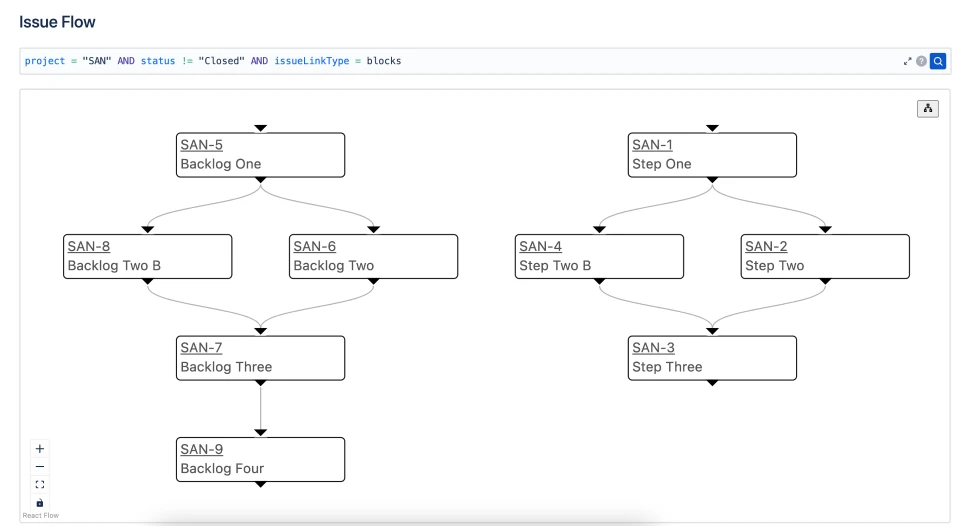Ever been part of an estimating process? How about one that required multipliers? Estimates are Clueless. It’s guessing. And your guess is wrong. Humans are TERRIBLE about predicting the future.
Hey, we need to point tickets. How else can we know what can fit into a sprint? We want to know the team point velocity!
The first rule of Scrum is you don’t define what a point is. The second rule of Scrum is you don’t define what a point is. And then you make people “commit” to them.
So what other alternative do we have? Stakeholders need dates. Managers need staffing plans.
2017 LAKC, keynote by Troy Magennis “How Big, How Long, How Much?” Monte Carlo forecasting ( https://2017.leanagilekc.com/?p=1067 ) Don’t estimate all 100 tickets. Estimate 10 random tickets. This started me. You don’t have to estimate _every_ ticket? You don’t have to estimate _any_ tickets.
You break tickets down so small. Generic, even. XP says “everything should be a 1 point ticket” I say “everything should be as small as reasonably deliverable” It gets really detailed. You have to think through the details. And write them down. And plan them out. At that point, they’re uniform, generic. Generic things can just be counted.
Track these tiny tickets over time. “On average, this team of 4 people, working tickets that are as small as is reasonable, can complete 20 tickets a week (1t/d/d).” The “on average” is the key part. People blaze through small tickets. QA blazes through validation. Devs are satisfied.
Bonus: Externally validate-able. Once you have the detailed tickets in hand, someone else can come by, say from another team and say “yeah, this all makes sense. You didn’t miss anything” But estimates, you don’t know what went into that estimate. Why did they say “that’s gonna take 3 days, that’s gonna take 2 days,”? You don’t know!
So you figure out your AVERAGE dev productivity, you count the tickets, then you project dates. And the dates are usually right. Stakeholders are satisfied.
Historically, people used #NoEstimates That’s too confrontational. Let’s shift it to the point of the story here, you can’t trust humans to predict the future.


